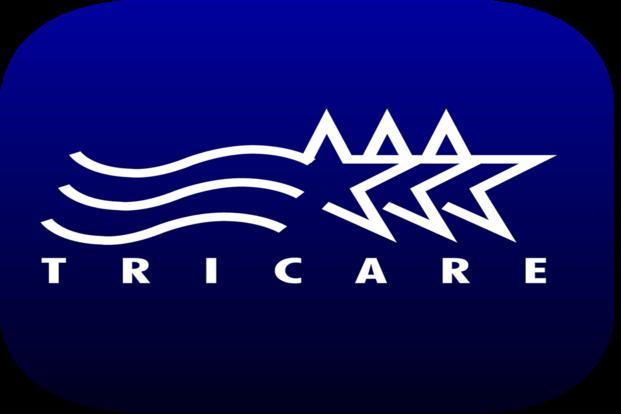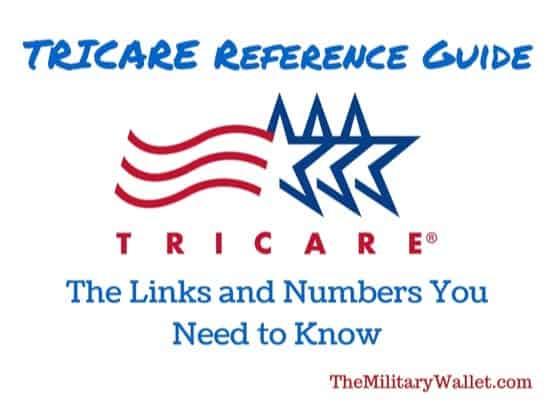
TRICARE Q&A: Getting Care With Active Duty Dental Program
For active duty service members, maintaining dental health is critical—not only for overall wellness but also for mission readiness. The Active Duty Dental Program (ADDP) is a vital benefit under TRICARE designed specifically to provide comprehensive dental care to those on active duty orders. This article answers some of the most frequently asked questions about accessing dental services through the ADDP, its benefits, eligibility, and how to make the most of your military dental coverage.
What is the Active Duty Dental Program (ADDP)?
The Active Duty Dental Program is a specialized dental care plan exclusively available for active duty service members. Unlike civilian dental plans, the ADDP is designed to meet the unique needs of military personnel, providing preventive, routine, and emergency dental services at no cost to the service member.
Key Features:
- Comprehensive preventive dental care
- Emergency and routine dental treatment
- Access to military dental clinics and some civilian providers
- No monthly premiums or copayments for active duty members
Who is Eligible for the Active Duty Dental Program?
Eligibility for the ADDP is straightforward:
- Active duty members of the U.S. Army, Navy, Air Force, Marine Corps, Space Force, and Coast Guard
- Reservists on active duty orders for more than 30 days (typically qualified for ADDP while on active orders)
- Guard members on active federal orders
Dependents and retirees are not eligible for ADDP dental coverage but may qualify for other TRICARE dental plans such as the TRICARE Dental Program (TDP).
How to Access Dental Care Through ADDP
Getting dental care under the Active Duty Dental Program is simple when you know the right steps:
1. Locate a Military Dental Facility
The primary source of dental care under ADDP is military dental clinics. Most installations have dental facilities equipped for routine and emergency care.
2. Schedule an Appointment
Contact your base’s dental clinic directly to schedule an appointment. Many clinics offer walk-in services for urgent care but checking ahead is recommended for routine visits.
3. Emergency Dental Care
If you have a dental emergency when off base or outside of normal clinic hours:
- Visit an authorized civilian provider if available
- Keep detailed records and receipts for reimbursement (if applicable)
- Notify your military dental representative upon return
Common Questions About ADDP
| Question | Answer |
|---|---|
| Does ADDP cover orthodontics? | Generally, orthodontic treatment is not covered unless deemed medically necessary by a military dentist. |
| Are dental emergencies covered off base? | Yes, emergencies can be treated off base, but prior authorization and referrals are often required for full benefit. |
| Can I choose any civilian dentist? | No, ADDP care is usually provided through military clinics or network providers authorized by the military. |
| Is preventive care included? | Yes, routine cleanings, exams, X-rays, and fluoride treatments are fully covered under ADDP. |
Benefits of Using the Active Duty Dental Program
Choosing ADDP dental services ensures:
- Zero out-of-pocket costs: Active duty members receive care without copays or deductibles.
- Specialized military dental providers: Dentists understand operational needs and readiness requirements.
- Priority availability: Focus on keeping service members deployable and healthy.
- Emergency treatment coverage: Quick access to urgent dental care minimizes downtime.
Practical Tips for Maximizing Your ADDP Dental Benefits
- Schedule Regular Check-ups: Routine appointments help catch dental issues early.
- Keep Your Dental Records Updated: Bring all previous dental records when transferring bases.
- Understand Referral Procedures: Know how to get referrals so civilian care can be covered if necessary.
- Report Dental Emergencies Promptly: Quick action prevents serious complications.
Case Study: Real-World Experience Using ADDP
Staff Sergeant Laura M. shared her experience: “I was deployed overseas and had a severe toothache. The base clinic treated me quickly under the ADDP at no cost, which allowed me to return to full duty faster than expected. I highly recommend all active duty service members to utilize their dental benefits regularly.”
Frequently Asked Questions (FAQ)
Can dependents use the Active Duty Dental Program?
No. Dependents should enroll in the TRICARE Dental Program (TDP) or receive civilian dental insurance coverage.
Are dental implants covered under ADDP?
Dental implants are typically not covered unless medically necessary and approved by the military dental provider.
Can I get dental care if I’m deployed?
Yes, most deployments have access to dental care either on base or via contracted military dental providers.
Conclusion
The Active Duty Dental Program is an essential benefit that ensures service members maintain strong dental health, a critical element for overall wellness and mission readiness. By understanding your eligibility, knowing how to access care, and utilizing the benefits effectively, you can maximize the value of the ADDP. Remember, dental health is not just about smiles — it’s about staying ready, resilient, and fit for duty.
For more information on TRICARE dental programs and military health services, visit Health.mil and TRICARE Dental.


